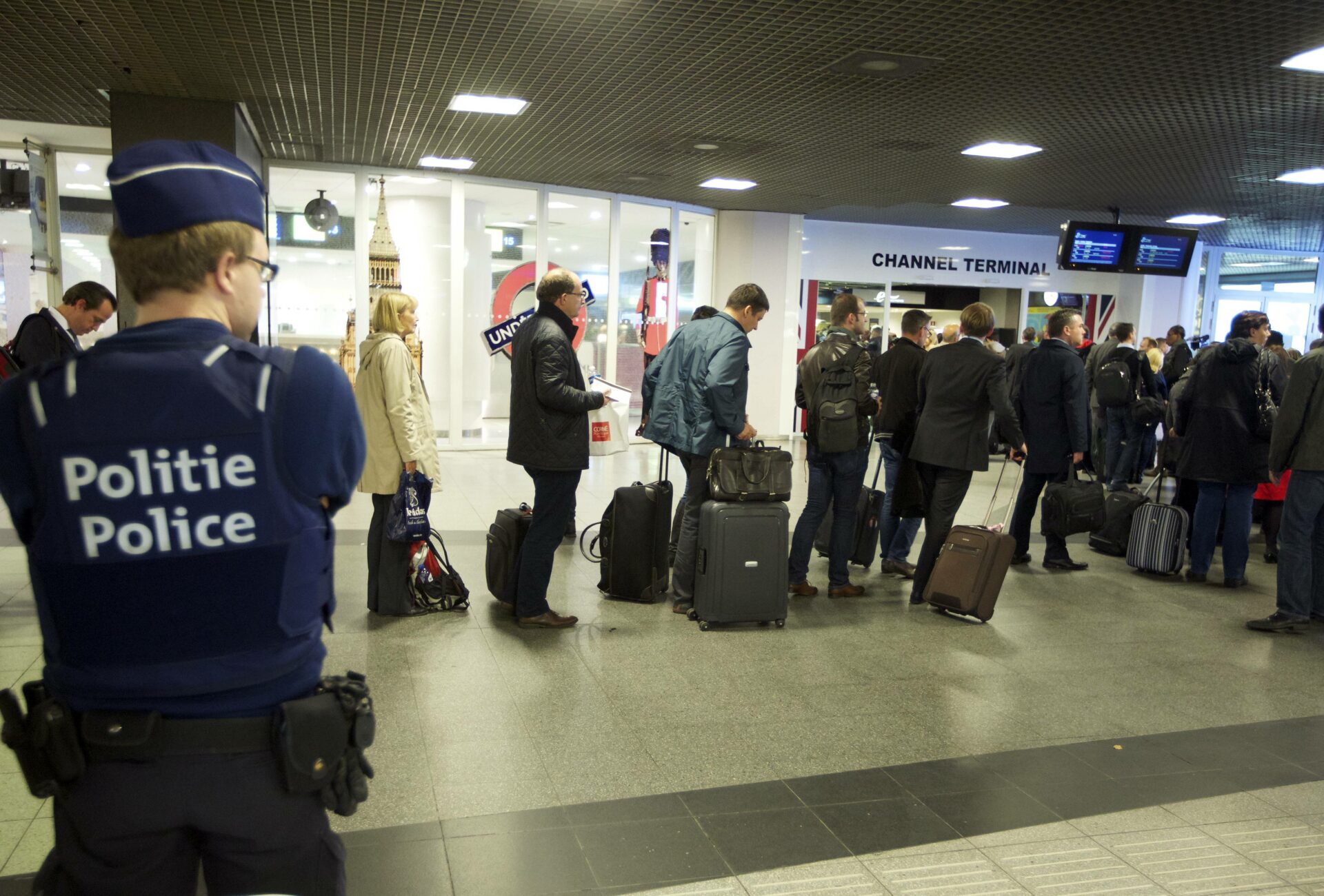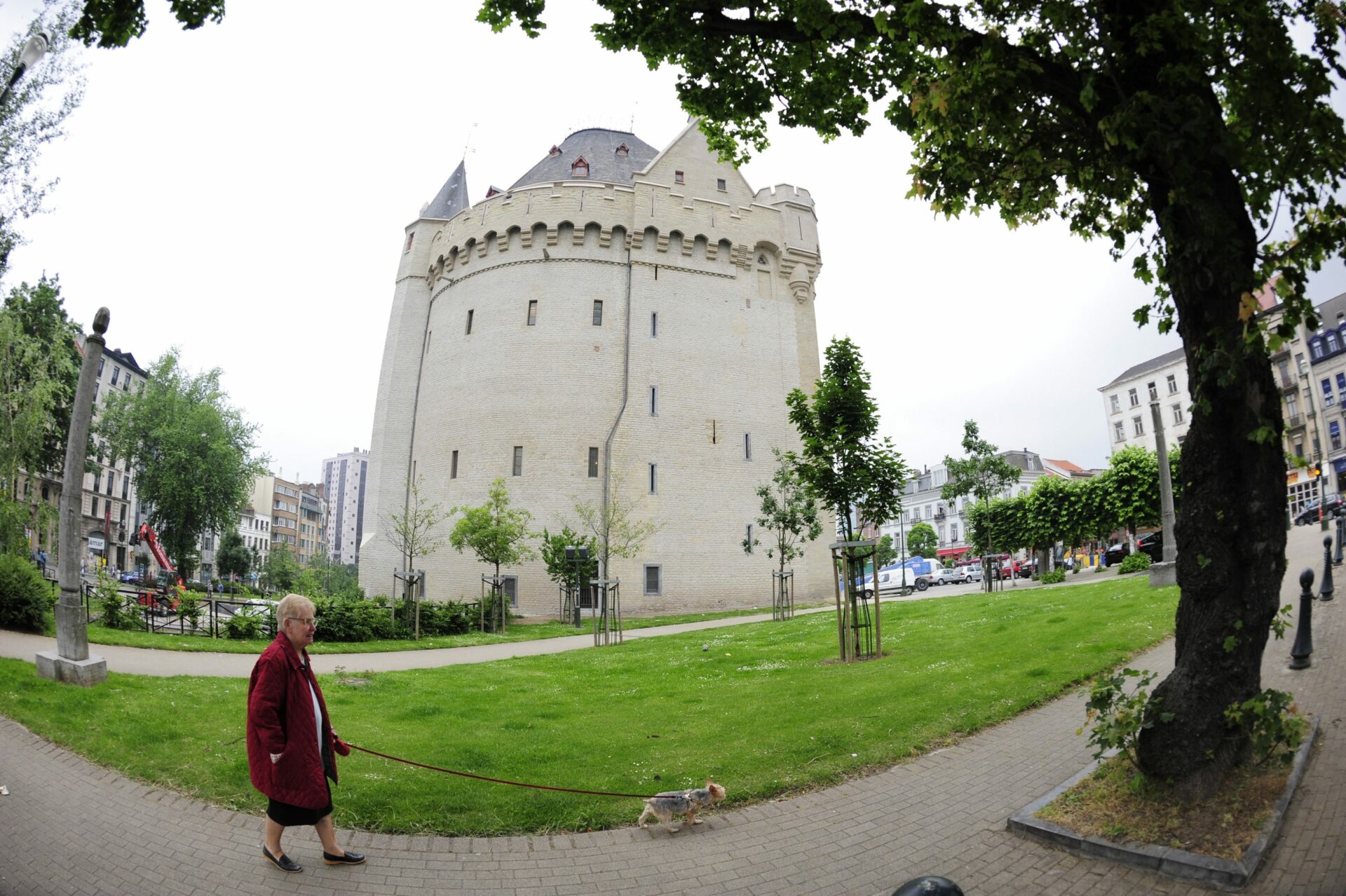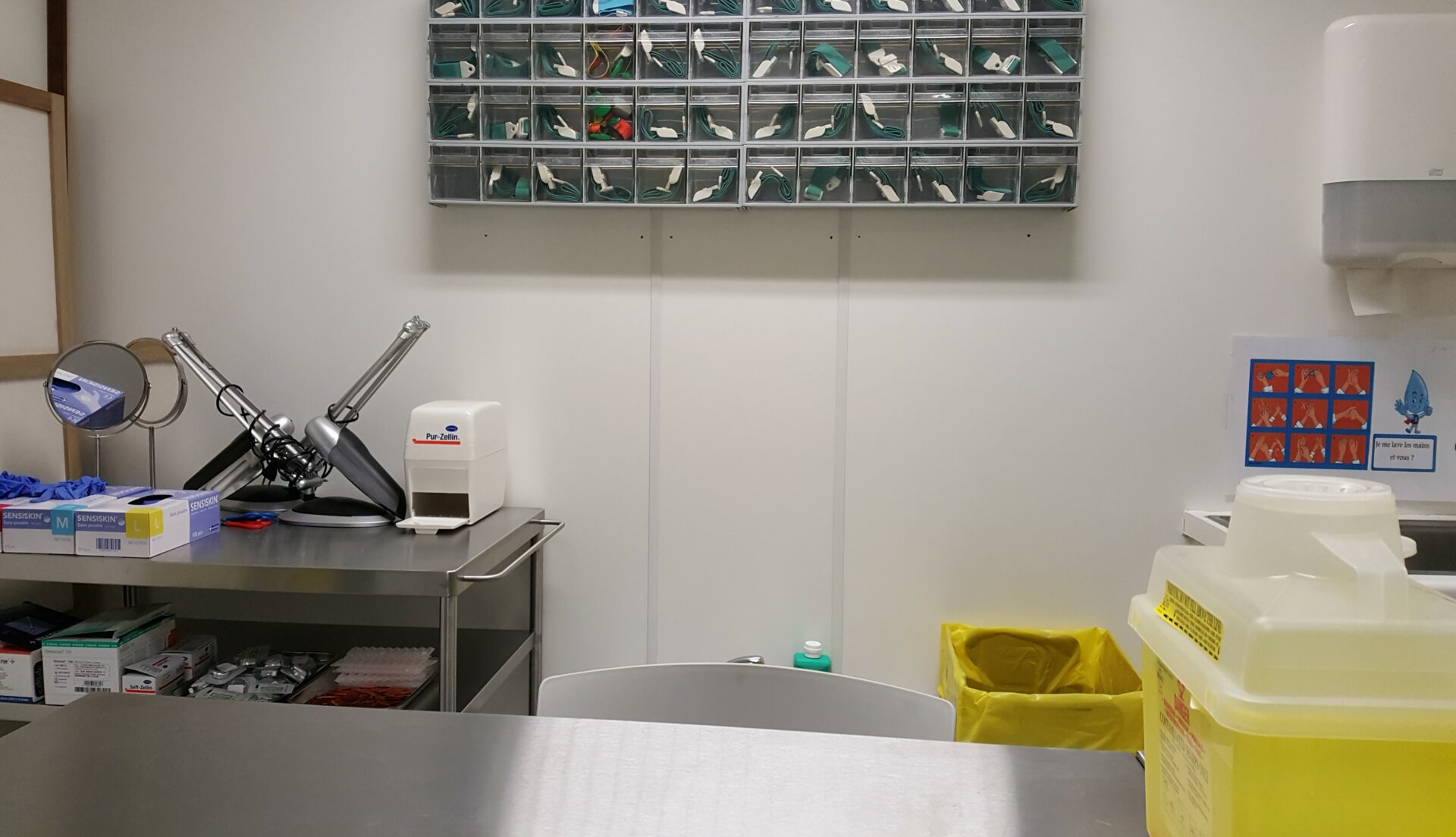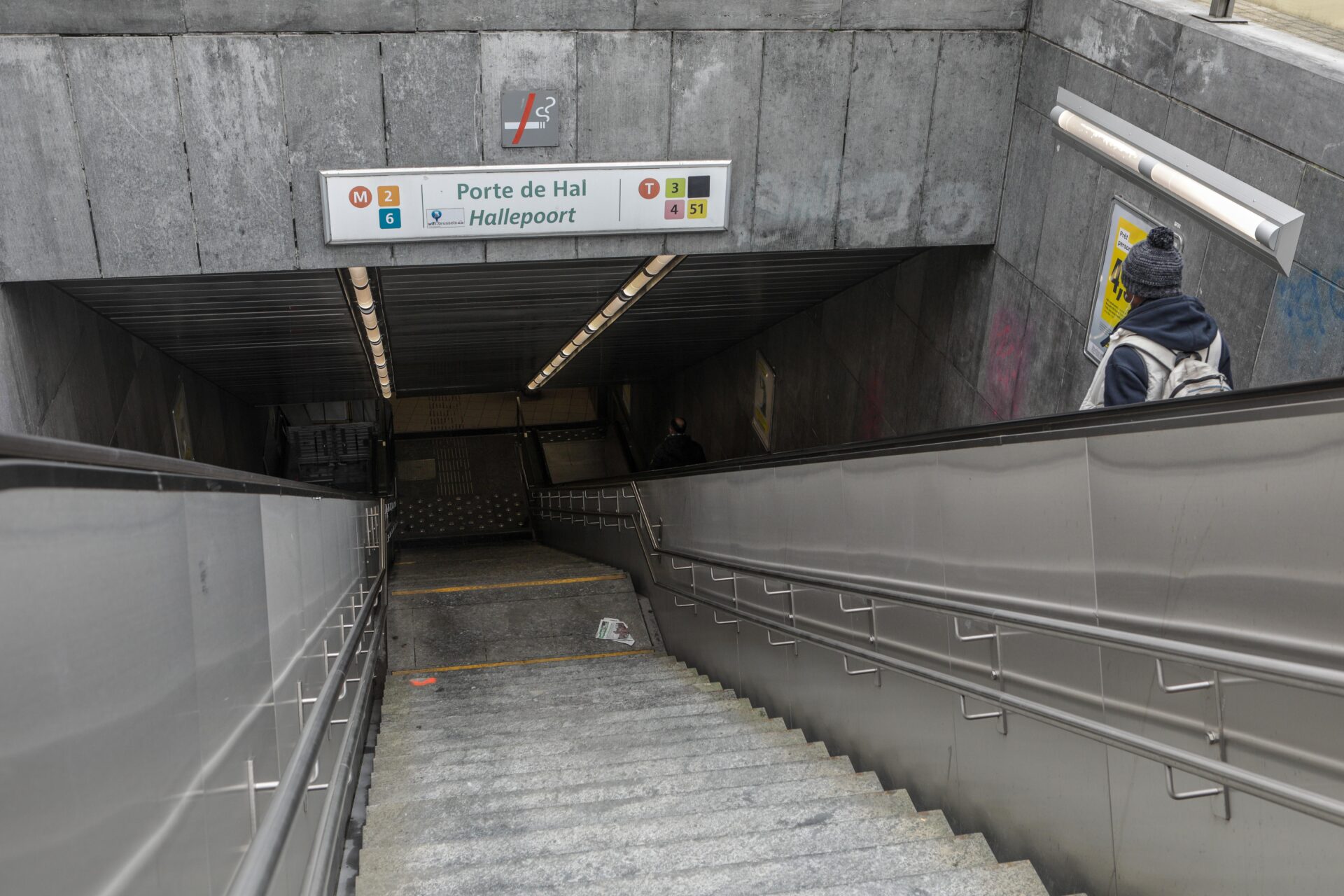Reports of open drug use and theft of local businesses have dramatically risen in the area surrounding Porte de Hal in the municipality of Saint-Gilles in recent months, leaving locals shaken. What is behind the surge in public disorder?
Walking through the park and the metro station, open drug use has become an ordinary sight. A hit of crack cocaine – a smokable form of crack – is considered cheap at €5-10 but lasts only 10 minutes. Rashid is from the area and says the drug is ravaging the community. Many of the people in his life suffer from addiction.
"It's an affliction that never ends," he told The Brussels Times. "The high off crack is short-lived but intense. Everyone is taking it. Kids as young as 12 and 13 are taking it." He says there are 20 selling points within less than one kilometre of the Porte de Hal metro station.
A restaurant manager who wished to remain anonymous expressed concern at how fast the situation has deteriorated. "The problem has gotten worse, first after Covid, now since Plan Midi. It’s a catastrophe. Drug addicts steal anything they can from customers. Theft happens everyday. They even tore up my bins, looking for anything they could take.”
Plan Midi refers to a government initiative launched in September in response to security concerns at Brussels-Midi station, the train station in the south of Brussels. The plan consists of 22 points to enforce order, including increased police presence, a ban on public drinking, limited access to certain platforms, and crackdown measures that have resulted in dozens of arrests.
At the time of its implementation, Brussels Minister-President Rudi Vervoort (PS) said that the last thing officials wanted was a relocation of the problem.

Plan Midi addressed security concerns at Brussels South station, known as an "international gateway." Credit: Belga / Nicolas Maeterlink
However, the current situation in Porte de Hal suggests that the plan has produced the undesired effect. For crisis management advisor at Bruss'Help Magali Pratte, the link is "obvious." She worries that current calls to reinforce security at Porte de Hal will result in yet another unintended relocation of issues.
"I understand that we need more safety, but we need better coordination between the security response and the social response," Pratte said. "Otherwise all we are doing is putting a plaster over a bullet wound."
Crack cocaine a new challenge
Mayor of Saint-Gilles Jean Spinette (PS) disagrees with the existence of any major link between Plan Midi and current disruption at Porte de Hal. An unfavourable situation has existed in the latter for more than 10 years, he told The Brussels Times. Abject poverty since the pandemic and the arrival of crack cocaine have only exacerbated a pre-existing problem.
"The big difference since summer is crack," he said. "Before, [people around Porte de Hal were consuming] beer and hashish. Now, drug users are like zombies. We haven’t seen anything like this since heroin in the 1980s."

Porte de Hal. Credit: Belga / Eric Lalmand
In terms of addressing security concerns expressed by the local community – particularly business owners – Spinette believes the solution lies in better communication between various security forces. Homeless people arrive to the park in Porte de Hal from the metro station, so a coordinated response between STIB security and local police would enable better control over the area.
But the socialist mayor places as much value on social support for drug addicts, as the increased safety for concerned citizens. He is "utterly convinced" that the creation of more drug consumption rooms ('salles de consommation à moindre risque', or SCMR) across Brussels would significantly reduce public drug use, therefore providing assistance to drug addicts and improving public security at the same time.
Social response essential
'Gate' is currently the only SCMR in operation in Brussels. Located near Brussels-Midi, it receives more than 150 people a day. A second one is due to open near Ribaucourt in 2024. Gate has already demonstrated a positive impact on health and safety, says Pratte. "But we need more local branches, because people don't travel far once in possession of drugs."

SCMRs decrease street consumption of drugs and provide physical and mental health services to drug addicts. Credit: Belga / Jessica Defgnée
Bruss'Help is involved in implementing SubLINK, a project that directs homeless people to healthcare and accommodation services. Spinette commends SubLINK's emphasis on a cross-sectoral response to the crack epidemic. A holistic approach to drug addiction taking multiple factors into account is essential, explains Pratte.
"People suffering from drug addiction are often excluded from society and are difficult to reach as a result. This takes time. We need to respect the time difference between the social response and the security response." Pratte highlights the political appeal of a security response due to its speedy efficiency, whereas long-term health initiatives such as SCMRs and durable accommodation solutions for homeless people require much more patience.
Despite the absence of a quick fix for drug addiction and the myriad of implications for public health and security, the Saint-Gilles community's fondness for Porte de Hal has not faded.
"It’s a magnificent park, and I am sure we can improve the current situation," said Spinette. The concerned restaurant manager also spoke about their connection with the park several times in conversation. "I have no problem with these people when they aren't on drugs. I have worked next to Porte de Hal for 25 years and I love it here."

